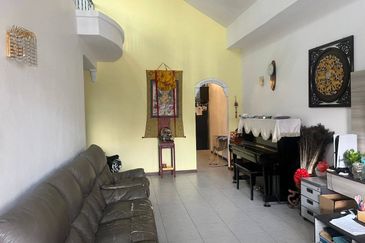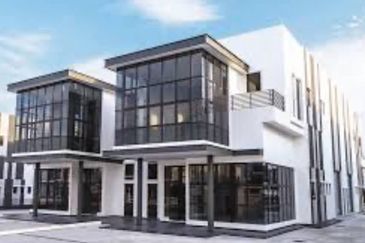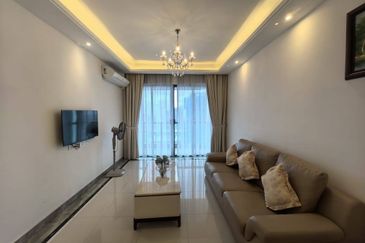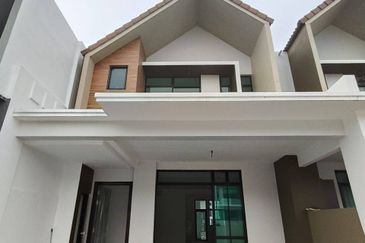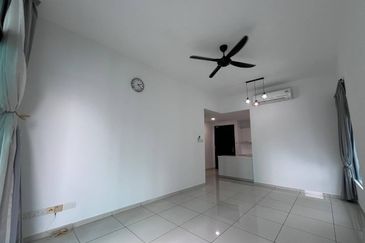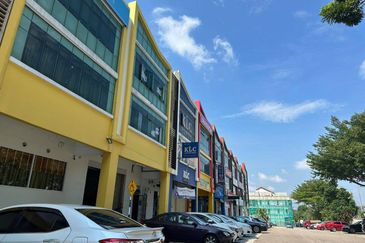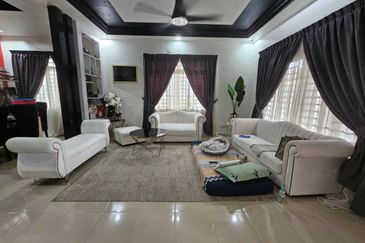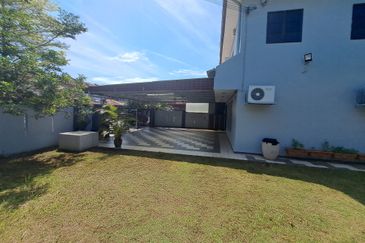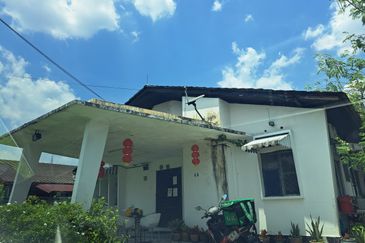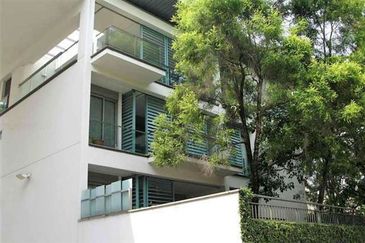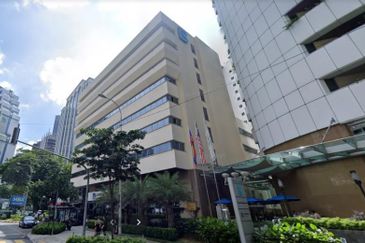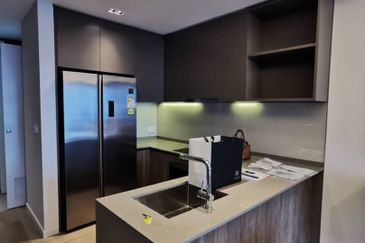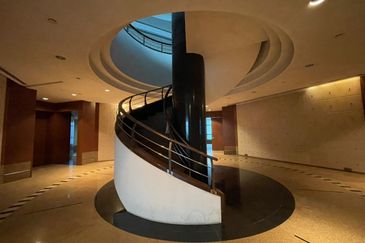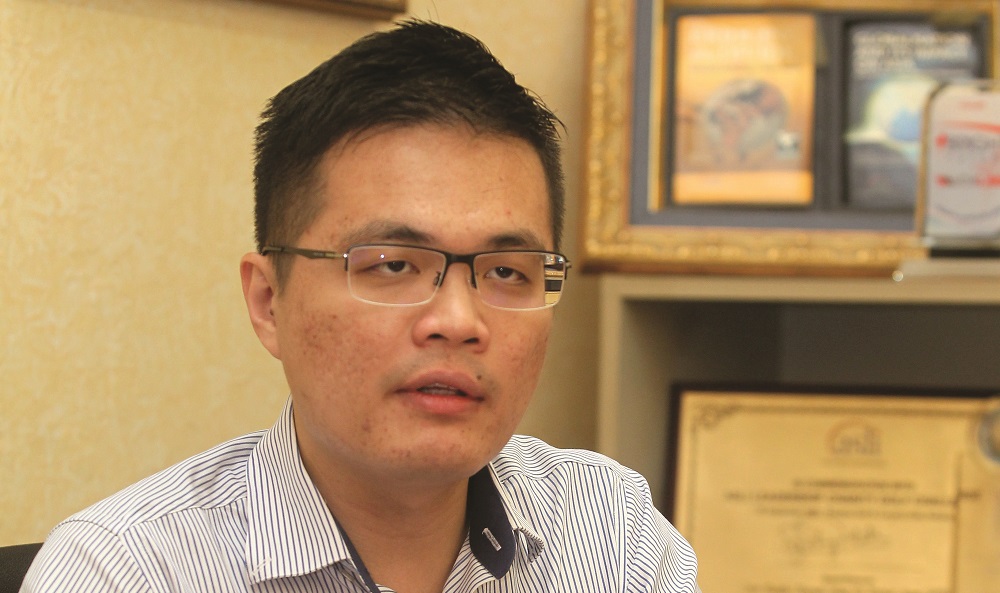
KUALA LUMPUR (Sept 18): China state-owned enterprises’ (SOEs) investments in Malaysia during the previous Barisan Nasional administration were heavily skewed towards the construction sector, which is susceptible to rent-seeking activities, according to a recent report co-authored by the Asian Strategy & Leadership Institute (Asli) and University of Malaya.
The report, which studied the implication of Chinese investments in Malaysia, is slated to be launched in end-October.
Asli senior director of Centre for Public Policy Studies Lau Zheng Zhou said instead of competing with the local private sector in securing more construction jobs, China SOEs should spearhead industries that bring more technology transfers.
“[Today,] there is too much SOE participation in the construction sector when they should be more involved in technology developmental work,” he told The Edge Financial Daily in an interview.
“We agree with the prime minister [Tun Dr Mahathir Mohamad] that China is an important partner for getting more productive investments that bring about higher developmental value to our local manufacturing industry through technology transfers,” he said.
The report studied a sample size of 93 projects in Malaysia that involve participation from China SOEs. Findings revealed that only 27% of them are in the manufacturing sector, 9% in the services sector and 1% in the agricultural sector. The remaining 63% are all investments in the construction sector.
Lau warned that construction projects are more susceptible to rent-seeking activities, and the government should impose stringent rules to scrutinise the industry.
“We cannot confirm all cases, but we would like to highlight that construction is susceptible to rent-seeking and we need the Pakatan Harapan government to scrutinise this sector moving forward, especially infrastructure projects. We need more checks and balances to ensure funds are being invested in new industry to grow our technology, and that they don’t focus on construction so much,” he said.
Lau attributed the higher investments in the construction sector to two factors, namely the former government’s intention to leverage on more construction activities to boost the country’s gross domestic product (GDP) and China’s promotion of the Belt and Road Initiative (BRI) in 2013.
“Since Malaysian government-linked companies were accountable to the finance minister in the previous regime, we would argue that former finance minister Datuk Seri Najib Razak was pushing hard for investments in the construction sector to produce good GDP figures after the 13th general election where he lost the popular vote,” he said.
“This coincided with China President Xi Jinping’s announcement of the BRI in 2013. So both leaders were on the same page,” he added.
While Lau believes that technology transfers are more effective in the manufacturing industry, he said investments in the construction sector could bring about developmental value as well.
“Take the Forest City development in Johor for example. The project is big enough for the developer to invest in its own IBS (industrialised building system) plant. In terms of local involvement, when we asked them [Country Garden Pacificview Sdn Bhd], they told us 70% of the workforce for the project are locals, but during a site visit, our observation was that there was a mix of labour from different countries there,” he said.
Country Garden Pacificview, a 66:34 joint venture between China’s Country Garden Group and Esplanade Danga 88 Sdn Bhd, is the developer and operator of Forest City.
A check on Companies Commission of Malaysia’s website showed that Esplanade Danga 88 is 64%-owned by Sultan of Johor Sultan Ibrahim Sultan Iskandar, 20% by the Johor state government through Kumpulan Prasarana Rakyat Johor, 15.6% by Datuk Daing A Malek Daing A Rahaman, and 0.4% by Country Garden Waterfront Sdn Bhd.
Lau said Chinese companies are compelled to bring in foreign labour, including those from China, in order to have talent with relevant skill set.
“While we have local institutions producing technical graduates, they are not as specialised as graduates from Chinese technical institutions, according to these manufacturers. But bringing workers from China is not a permanent solution as they are costly to the Chinese firms here,” he said.
“In certain cases, Chinese companies have difficulty hiring locals with the right skill set. And after hiring, these companies will have to invest in training and knowledge transfers. CRRC Corp Ltd, for example, needs people with the right skill set for its rolling stock assembly plant in Batu Gajah, Perak, but local talent is limited. To equip the locals with the necessary know-how, the company sends them to China for intensive training,” he added.
Lau noted that CRRC is an example where a China SOE’s investment actually brings about technology transfers to Malaysia, and more of such foreign investments would be welcomed into the country moving forward.
This article first appeared in The Edge Financial Daily, on Sept 18, 2018.
TOP PICKS BY EDGEPROP
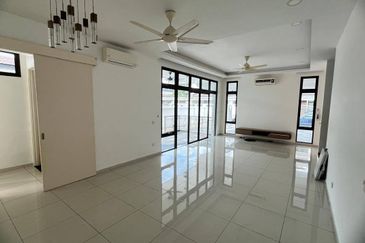
Eco Botanic
Iskandar Puteri (Nusajaya), Johor
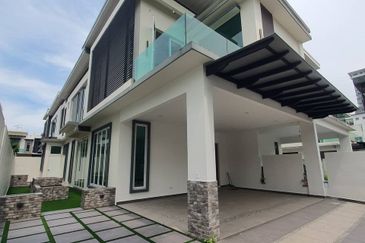
Austin Residence @Taman Mount Austin
Johor Bahru, Johor

Baypoint @ Country Garden Danga Bay
Johor Bahru, Johor
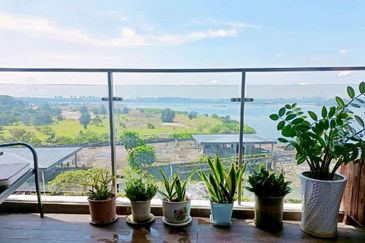
Kings Bay Country Garden @Danga Bay
Johor Bahru, Johor
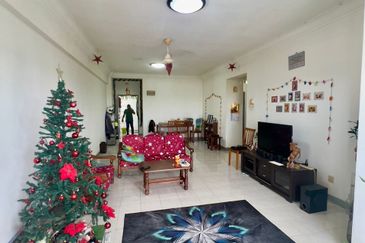
Permas Ville, Bandar Baru Permas Jaya
Permas Jaya/Senibong, Johor
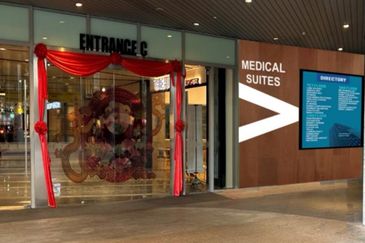
Damansara Heights
Damansara Heights, Kuala Lumpur


